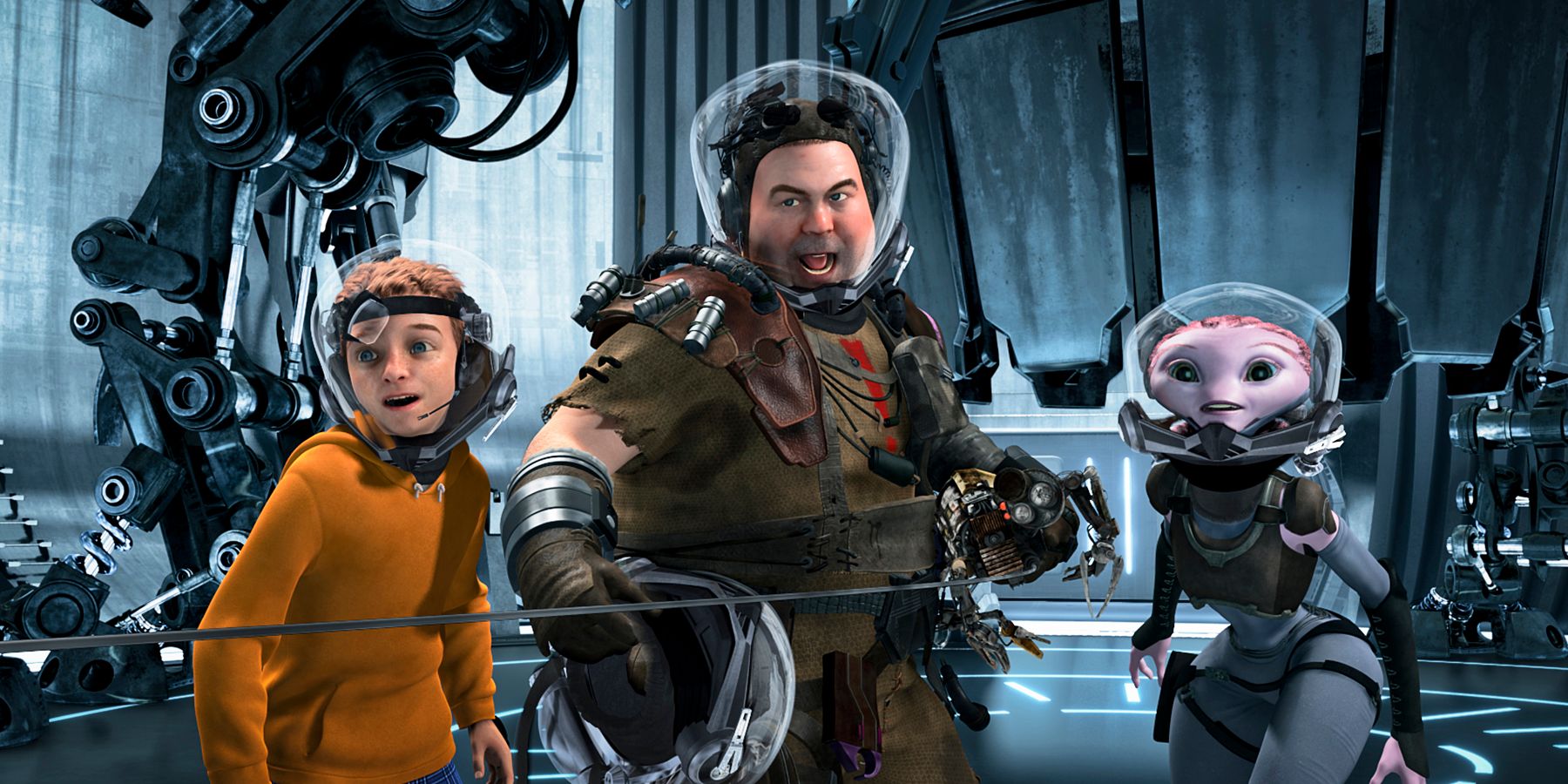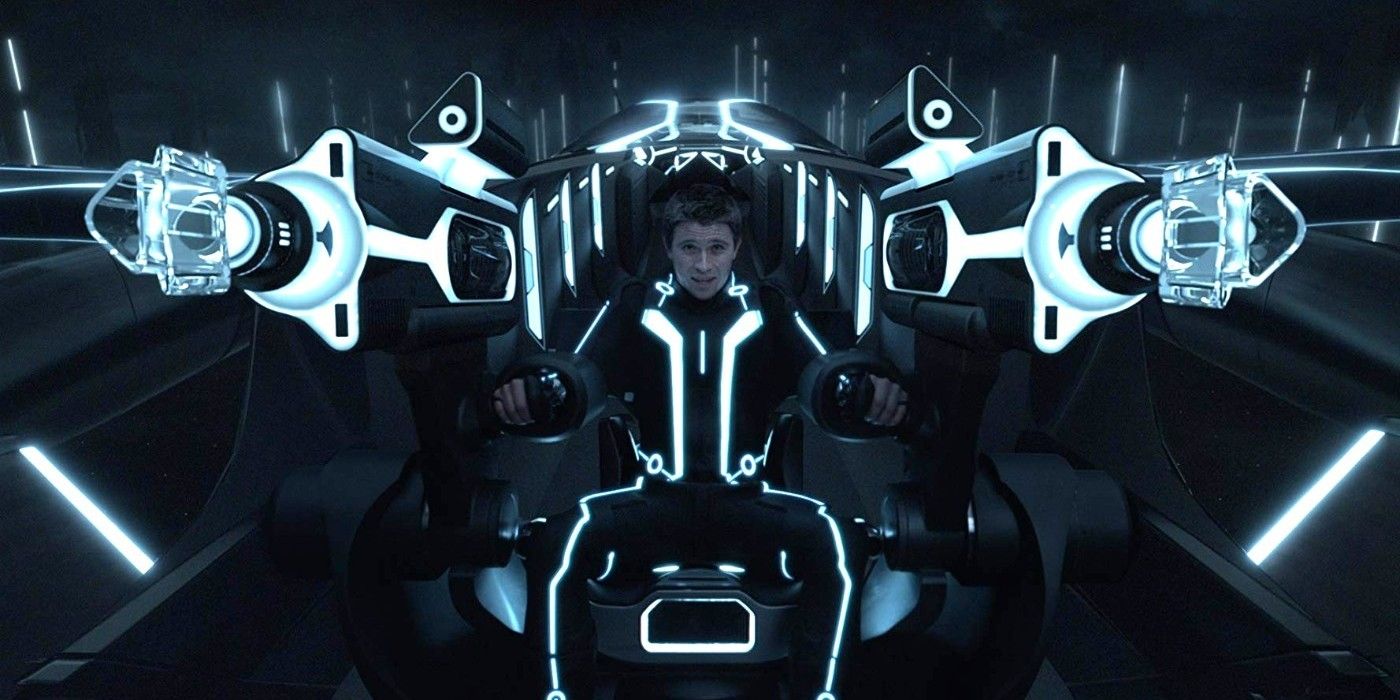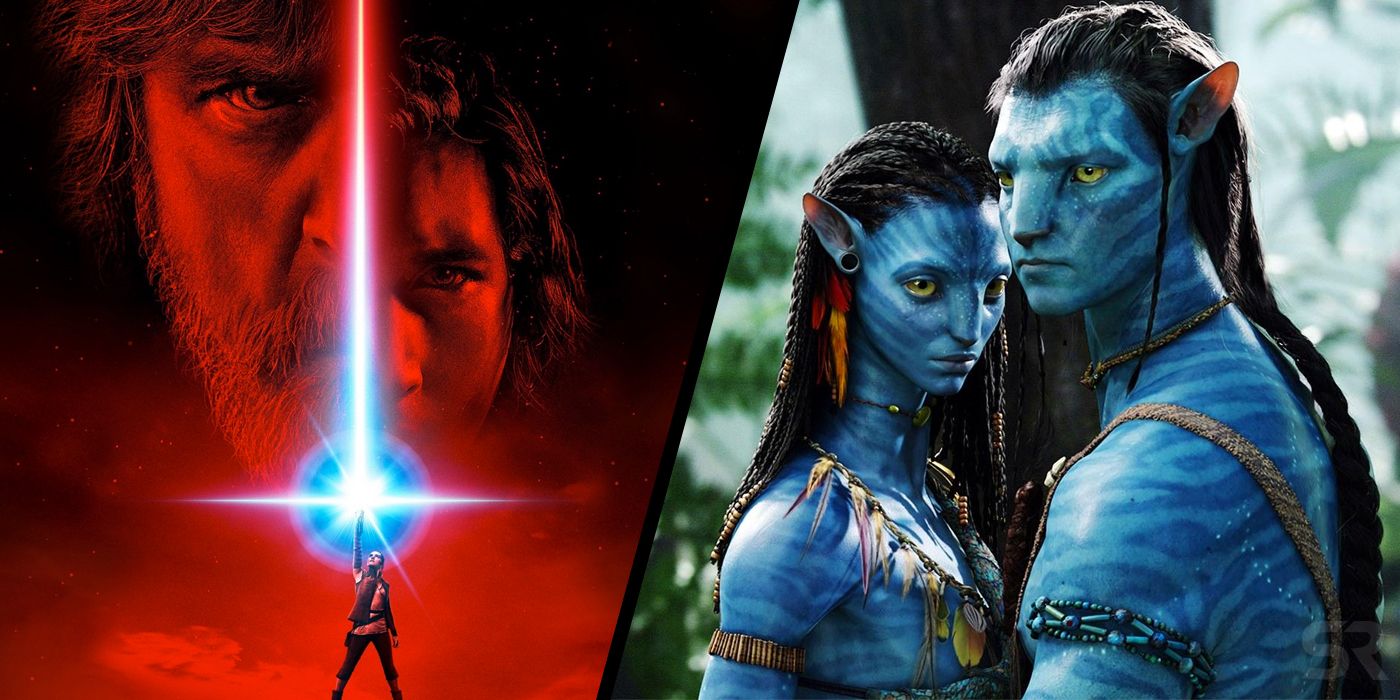
Disney failed to launch a successful sci-fi movie franchise in the 2010s - can they avoid their previous mistakes with TRON 3? The last ten years have been something of a roller coaster ride for the Mouse House. They started off the decade on an uneven note with TRON: Legacy, a sequel to Steven Lisberger's 1982 cult classic that, although it didn't flop, was only a modest commercial success (grossing $400 million on a $170 million budget) and earning lukewarm reviews from critics. Still, much like its predecessor, Legacy has amassed a cult fanbase in the years since its release thanks to its blend of heady sci-fi concepts, stylish CGI visuals, and the impeccable techno score by Daft Punk.
Because of this, Disney has never entirely given up on the TRON brand. In addition to premiering the Disney XD animated series TRON: Uprising in 2012, the studio came very close to starting production on TRON 3 before pulling the plug in 2015. Two years later, it was reported the Mouse House was once moving forward again with a third TRON movie, this time in the form of a reboot starring Jared Leto. After that, the TRON 3 news cycle went on radio silence until recently, when Disney executive Mitchell Lieb teased the Leto-led film is back on track. It's since been reported the movie is actually a proper TRON 3 and continues (rather than discards) the story from Legacy.
As exciting as the TRON 3 news is for fans, it comes with an asterisk. Obviously, the film has the potential to succeed in ways the previous two TRON movies did not - but in order for that to happen, Disney will need to learn from the missteps it's committed with it would-be sci-fi franchise starters in the time since Legacy came out.

It's no secret Disney kept trying (and failing) to produce a successful live-action sci-fi movie throughout the '10s. At their best, these films were expensive box office flops that garnered middling reviews (Tomorrowland, A Wrinkle in Time), but also praised for their progressive outlooks and positive messages. In other cases, they were applauded for pushing the limits of filmmaking technology in order to bring their fantastical settings to life (Mars Needs Moms, John Carter), yet criticized for their derivative and convoluted storytelling, and adapting IPs that were nowhere near popular enough to justify Disney's huge expenditures. At worst, these movies had a bad habit of watering down or changing the things fans loved about their source material in the hopes of making them an easier sell for Disney's target family audience. That backfired something fierce with this year's widely-maligned Artemis Fowl (a movie that went straight to Disney+ in response to the COVID-19 lockdowns).
By comparison, TRON: Legacy went over better in 2010, but still had its issues. The original TRON truly was a cult film and Disney was arguably guilty of over-estimating just how much demand there was for a movie continuation. More than that, it's not a franchise with an easy to market hook like Star Wars. Casual audiences can readily grasp what the latter is about (space battles and the struggle against fascism), but it's a little trickier to get to the essence of what TRON is (an exploration of the the digital frontier) without putting off moviegoers who aren't, per se, looking for an overly cerebral sci-fi movie. It's no wonder Disney cancelled the original TRON 3 after Tomorrowland bombed at the box office in 2015: why take a risk on the sequel to a costly tentpole that was difficult to sell in the first place (and only kinda paid off) when you can green-light more Star Wars films, MCU movies, and live-action remakes of your beloved animated classics instead?

TRON: Legacy's box office woes can't be completely pinned on its marketability problems either. As much as there is to like about the film, Legacy is primarily focused on breaking new ground with its use of digital de-aging and 3D visuals. Its actual story is far less exciting by comparison and often boils down to a mashup of elements borrowed from other films (like The Wizard of Oz, a movie that also follows its young hero to a fantastical place populated by doubles of people in the real world). Legacy's villain Clu doesn't necessarily have the most fascinating of evil plans either, and the movie probably would've benefitted from allotting more of its runtime to world-building and explaining the bigger parts of its mythology (like what, exactly, ISOs are). There's a sense the film could've gone deeper with its ideas, but was hindered by its need to fit the mold of a crowd-pleasing Disney blockbuster and could only devote so many scenes to Kevin Flynn (Jeff Bridges) talking about "bio-digital jazz" without throwing in some action or light comedy.
This seems to be a recurring issue that keeps tripping up Disney's sci-fi films: they deal with captivating ideas and take audiences to imaginative worlds, yet pull back from really exploring them in depth to avoid straying too far from the notion of the Disney brand. As a result, they suffer in the plot and character departments, and try to make up the difference through shiny visuals and spectacle. To be fair, a lot of movies in the '10s were guilty of doing that as studios sought to recreate Avatar's success, so TRON: Legacy and Disney weren't alone in this regard. If anything, TRON 3 being delayed as long as it has been will make it easier for its creatives to look back and see this approach simply doesn't work. In the end, TRON 3's success or failure will come down to its ability to use modern technology to serve its story - not vice versa - and worry a little less about being a "safe" Disney movie.

TRON 3 might just be moving forward again at the perfect time, and not only because it can learn from the mistakes of Disney's sci-fi offerings from the last decade. The studio is banking heavily on sci-fi tentpoles in general for the next ten years, beginning with the arrival of James Cameron's Avatar 2 in December 2021. That sequel and the other three Avatar followups Cameron's working on are going to be a major part of their future, as are the first wave of Star Wars movies they're planning to release after wrapping up the Skywalker Saga. TRON 3 could be pivotal in allowing Disney to turn things around and usher in a new era of sci-fi films, in ways that Legacy was meant to do when it came out. Obviously, that could mean more TRON movies but, perhaps more excitingly, it could also mean more non-remakes, fresh adaptations, and maybe even more purely original sci-fi films.
Even with all that, there's certainly a risk TRON 3 will turn out badly or under-perform the way Legacy did - something that could potentially kill off the franchise for good. Even Legacy director Joseph Kosinski has said he doesn't imagine TRON ever becoming something that could give rise to another sequel every couple years and feels TRON 3 needs to be "reaching for something different and innovative and ambitious," as opposed to mainly setting up future movies. No doubt, Disney's perfectly happy to keep playing things safe too (see: all the live-action remakes they've got in the pipeline), and TRON 3 won't work if it tries to split the difference, like so many of the studio's sci-fi movies in the '10s did. So, really, there's no good reason why it shouldn't try to truly break new ground for the Mouse House.
from ScreenRant - Feed https://ift.tt/2CmJLtB


0 Comments